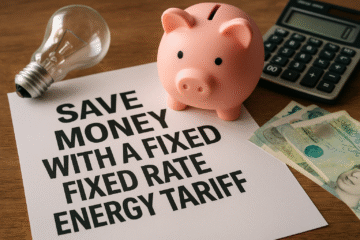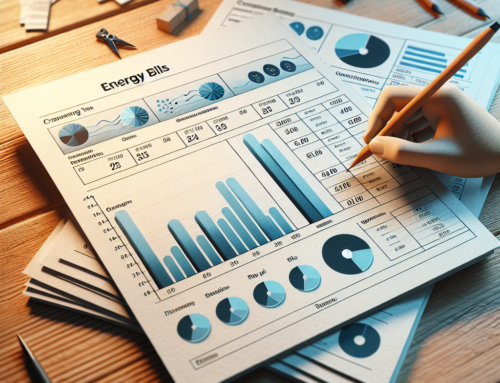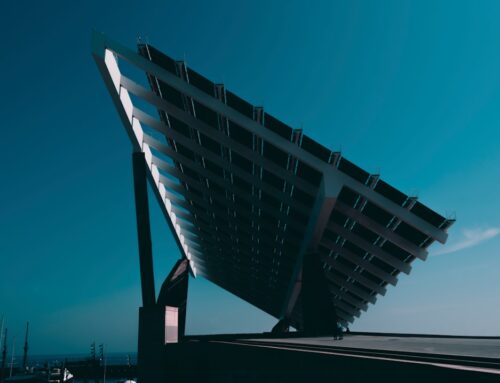Solar panel systems are a popular choice for homeowners looking to reduce their carbon footprint and save money on their energy bills. Understanding how your solar panel system works is essential for getting the most out of it. Solar panels work by converting sunlight into electricity through the use of photovoltaic cells. These cells are made up of semiconductor materials that generate an electric current when exposed to sunlight. The electricity generated by the solar panels can then be used to power your home, or it can be fed back into the grid for a financial reward.
It's important to understand the different components of your solar panel system, including the panels themselves, the inverter, and the mounting system. The panels are the most visible part of the system and are responsible for capturing sunlight and converting it into electricity. The inverter is a crucial component that converts the direct current (DC) electricity generated by the panels into alternating current (AC) electricity that can be used to power your home. The mounting system is what holds the panels in place and ensures they are positioned to capture the maximum amount of sunlight. Understanding how these components work together will help you make the most of your solar panel system.
Making the Most of Feed-in Tariffs
Feed-in tariffs are a financial incentive offered by the government to encourage homeowners to generate their own renewable energy. Under a feed-in tariff scheme, homeowners are paid for the electricity they generate from their solar panel system, whether they use it themselves or feed it back into the grid. Making the most of feed-in tariffs involves understanding how they work and ensuring you are registered for the scheme.
To take full advantage of feed-in tariffs, it's important to ensure that your solar panel system is generating as much electricity as possible. This means keeping your panels clean and well-maintained, as well as optimising your energy usage to maximise the amount of electricity you can feed back into the grid. It's also important to keep track of your energy production and ensure that you are receiving the correct payments for the electricity you generate.
Optimising Your Energy Usage
Optimising your energy usage is an important part of making the most of your solar panel system. By using the electricity generated by your solar panels to power your home, you can reduce your reliance on the grid and save money on your energy bills. There are several ways to optimise your energy usage, including using energy-efficient appliances, installing a smart meter, and making small changes to your daily habits.
One of the most effective ways to optimise your energy usage is to invest in energy-efficient appliances. These appliances are designed to use less electricity, which can help you make the most of the electricity generated by your solar panels. Installing a smart meter can also help you monitor your energy usage and identify areas where you can make savings. Making small changes to your daily habits, such as turning off lights and appliances when they are not in use, can also help you reduce your energy consumption and make the most of your solar panel system.
Investing in Energy Storage
Investing in energy storage is a great way to maximise the benefits of your solar panel system. Energy storage systems, such as batteries, allow you to store excess electricity generated by your solar panels for use at a later time. This can help you reduce your reliance on the grid and ensure that you have a constant supply of electricity, even when the sun isn't shining.
There are several different types of energy storage systems available, including lithium-ion batteries and lead-acid batteries. When choosing an energy storage system, it's important to consider factors such as capacity, efficiency, and lifespan. Investing in a high-quality energy storage system will help you make the most of your solar panel system and ensure that you have a reliable source of electricity.
Regular Maintenance and Cleaning
Regular maintenance and cleaning are essential for ensuring that your solar panel system continues to operate at its best. Over time, dirt, dust, and debris can build up on your solar panels, reducing their efficiency and preventing them from capturing as much sunlight as possible. Regular cleaning can help to remove this build-up and ensure that your panels continue to generate electricity at their maximum capacity.
In addition to cleaning, it's important to carry out regular maintenance checks on your solar panel system to identify any potential issues before they become serious problems. This can include checking for loose connections, inspecting the mounting system, and ensuring that the inverter is functioning correctly. By carrying out regular maintenance and cleaning, you can ensure that your solar panel system continues to operate efficiently and generate as much electricity as possible.
Monitoring Your Energy Production
Monitoring your energy production is an important part of making the most of your solar panel system. By keeping track of how much electricity your panels are generating, you can identify any issues that may be affecting their performance and take steps to address them. There are several ways to monitor your energy production, including using a monitoring system provided by your installer or investing in a separate monitoring device.
Monitoring your energy production can also help you keep track of how much electricity you are feeding back into the grid and ensure that you are receiving the correct payments for it. By staying on top of your energy production, you can make sure that your solar panel system is operating at its best and maximise the financial benefits it provides.
Exploring Government Incentives and Grants
Exploring government incentives and grants is another way to make the most of your solar panel system. In addition to feed-in tariffs, there may be other financial incentives available to help offset the cost of installing a solar panel system. These incentives can vary depending on where you live, so it's important to research what is available in your area.
In addition to financial incentives, there may also be grants available to help cover the cost of installing a solar panel system. These grants can help make solar panels more affordable for homeowners and encourage more people to invest in renewable energy. By exploring government incentives and grants, you can make the most of your solar panel system and ensure that you are getting the best possible return on your investment.





